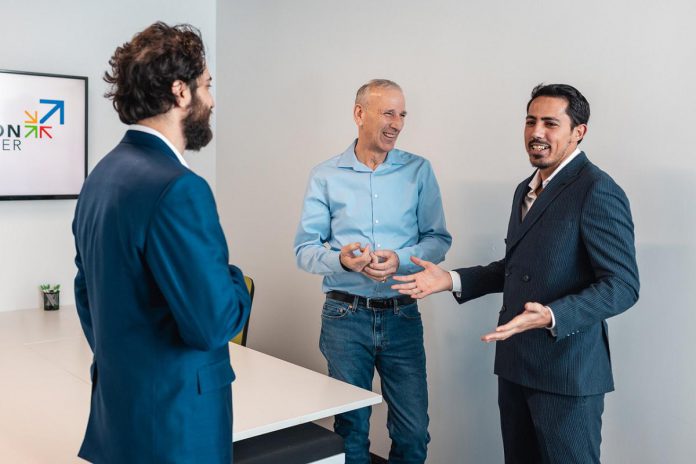
If you’re a tech entrepreneur having difficulty growing or repeating sales in your small and medium-sized enterprise (SME), it’s likely that the problem lies not in closing but rather in what comes before — including how you’re identifying your market and how you’re approaching your customers.
That’s the consensus of sales experts Brandy Old and Craig Elias, two of the Innovation Cluster’s 30-plus Experts in Residence who lend their knowledge and expertise to the organization’s clients through mentorships and skill-building workshops and bootcamps.
According to Old and Elias, the initial step for SMEs to achieve growing and repeatable sales involves a fundamental shift in mindset.
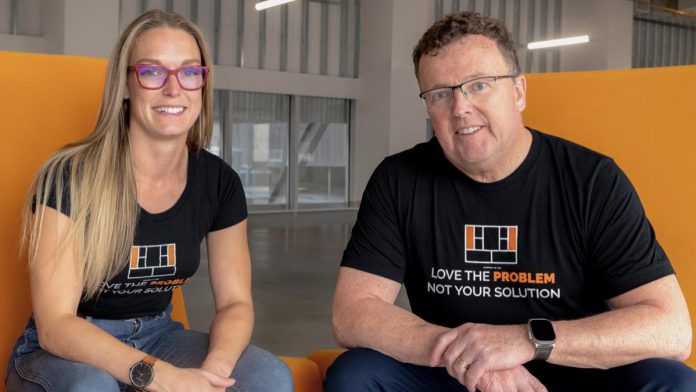
“One of the first and biggest issues that startups have is there’s no existing need for their product on the market, so they can’t find customers,” Old explains. “Learn what the problem your customers have first and then figure out how to solve it, because if you don’t have a problem to solve, no one is going to buy what you have to sell.”
She says that involves researching the problem you’re solving, who has the problem, how they are currently solving it, and how your product better solves the problem.
“When entrepreneurs are starting out, they say ‘Everyone could be my customer’ because they don’t want to miss out on an opportunity,” Old points out. “But the research shows you’re likely to grow two times faster if you start with a niche market than if you try to be more general.”
“You need to change your mindset first. We can give you the tools, but if all you’re thinking about is your solution or that you have to sell it to everyone, it’s not going to work.”
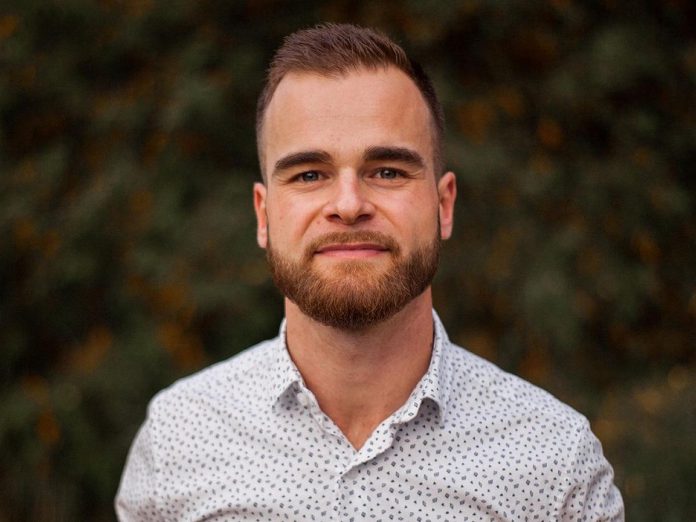
Fellow Expert in Residence and serial entrepreneur Henrique Dias learned this firsthand when launching his most recent startup BudTrainer, which helps home gardeners grow high-quality cannabis. While there are now over 200 retailers across three continents selling his products, Dias initially struggled to find customers.
He began with an e-commerce platform selling products to home gardeners but when his website was not getting much traction, he focused instead on B2B sales by connecting with garden stores and other businesses selling cannabis products. Distribution through retailers kept the business running until the website gained more traction, and then BudTrainer launched its products on Amazon. Now, he uses this experience to show entrepreneurs the importance of starting with the right market.
“Find the one small market you think needs your solution the most and focus on that,” Dias says. “Put all your eggs in the basket and, if it doesn’t work, then find a new basket. If you have a big team, then you can go for multiple markets, but most startups don’t have a lot of resources so it’s best to narrow in on one market.”
When first connecting with retailers, Dias noticed that he had double the sales success when meeting with potential buyers in person than just sending samples. Now, when consulting with entrepreneurs he often encourages them to pitch “proof over promise” when speaking to clients.
“If you’re going to sell, stop thinking about what you promise people and start talking about what you’ve done in the past, even if you’ve never sold before,” he says. “In a job interview, they don’t ask you about what you will do in the future — they ask what you’ve done in the past. Clients are just like recruiters: they are hiring you for whatever you have to sell.”
As for Old and Elias, they suggest the personal connection an entrepreneur makes with a client is foundational for making sales, noting propinquity is a critical skill for entrepreneurs.
“Startup entrepreneurs are often afraid to call or talk to their initial customers and ask questions, so we have to teach them that those first customers are early adopters and want to work with them,” Old says. “They have their own motives for buying and working with startups, so we have to change the mindset so that it’s not scary to talk to customers.”
“If you create a relationship with a potential customer, they’re more likely to actually become your customer and stick around for a longer relationship. You’re solving problems for people and you’re working with people, so you have to talk to people.”
“Nobody cares how much you know until they know how much you care,” adds Elias, emphasizing the importance of building the customer relationship.

The same is true when it comes to attracting investors, according to Innovation Cluster board member and Expert in Residence Waun Broderick. He explains that, for most investors, getting a sense of the person behind the product is as essential as knowing the product itself.
“When we’re talking about any kind of private equity — whether venture capital or angel capital or any other type of private capital — they invest in people,” says Broderick, who is co-founder and chief technical officer for Gyroscopic Inc. “They want to buy the future of an individual.”
“Nowadays, any investor portfolio will have an AI company, a cleantech company, and a greentech company, but very often they’re only getting one of them. They’re turning down multiple other companies that are doing the same thing. More than anything else, the differentiator is the individual behind the company. Entrepreneurs need to double down on who they are and tell their story.”
For sales, he adds, entrepreneurs need to establish connections and relationships first, before their product is built and ready for market.
“Always sell before you build,” Broderick advises. “Go out, talk to people, get design partners, and entrench yourself in the world that you’re hoping to sell this product to, so you can truly understand what the issues are. Even if you work in that industry, any company has a hundred other perspectives that also have to be a part of a solution you deliver.”
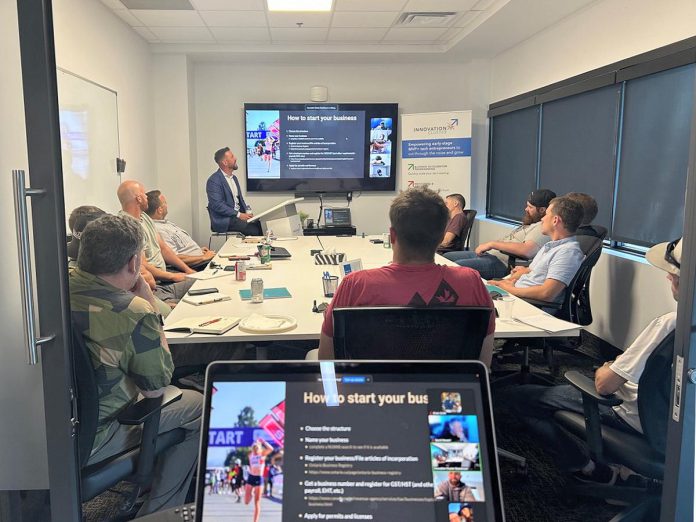
Entrepreneurs can begin building their industry connections and sharpen essential skills by leveraging the knowledge and experience of the Innovation Cluster’s Experts in Residence like Old, Elias, and Broderick.
“What we want to do with the Innovation Cluster is ensure that we can bring some of the learnings from individuals who have been through this experience,” says Broderick. “As they say, smart people learn from their mistakes — and smarter people learn from other people’s mistakes.”
“A lot of entrepreneurs wait until they get into really hot water to come and ask for help, and by then they need crisis management,” Elias adds. “Reach out for that help sooner rather than later and just build that relationship, because sometimes there are things you don’t even know that you need to know.”
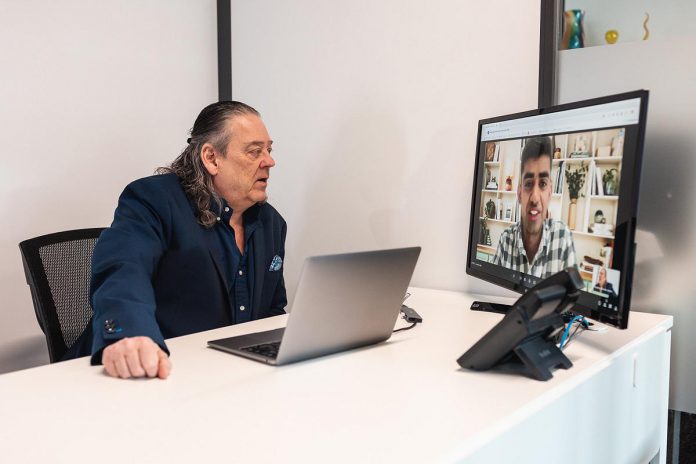
The Innovation Cluster offers several programs to help tech entrepreneurs build their selling skills, from client mentoring and accelerator programs to skill-building workshops, bootcamps, and mastering series designed for soft and hard technology SMEs.
One program is Elias and Old’s five-week “How to Go From $0 — $100M Sales” Mastering Series beginning on Tuesday, October 7 and running every Tuesday morning from 9 to 11 a.m. Through the virtual series, the two sales experts will take an intensive deep-dive into sales fundamentals and provide entrepreneurs with hands-on experience and personalized coaching.
“If you feel like you’re having a hard time closing your sales, this series will be helpful for you,” says Old. “It’s usually not about closing. It’s actually all this other stuff, and that’s what we teach and dive into over the five weeks.”
To register for the Mastering Series and other skill-building events and workshops offered by the Innovation Cluster, visit innovationcluster.ca/events.
This branded editorial was created in partnership with the Innovation Cluster. If your organization or business is interested in a branded editorial, contact us.


























